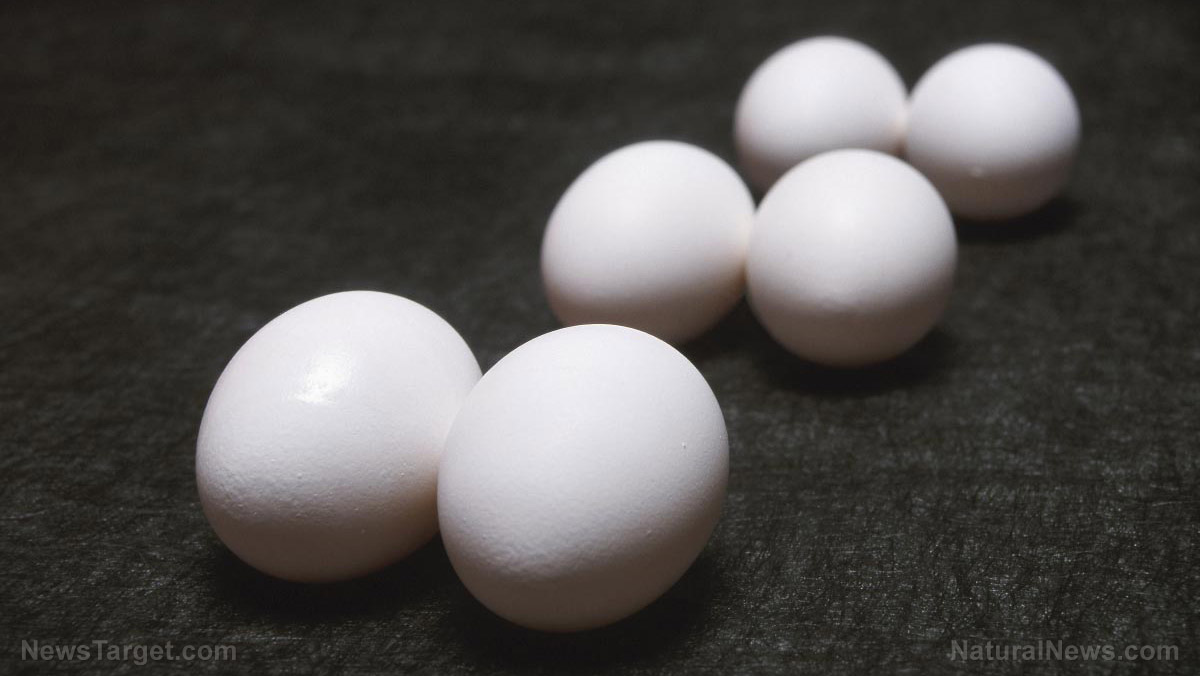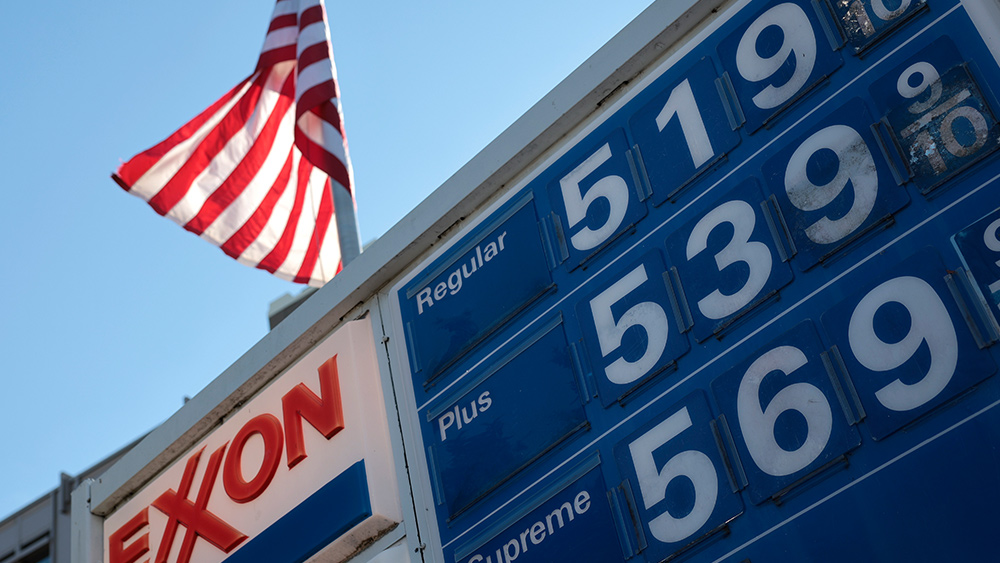- Wholesale egg prices dropped nearly 60 percent since February after the Trump administration intervened with USDA measures, including biosecurity funding, farmer relief and expanded imports to combat avian flu and stabilize supply.
- Retail prices remain high despite the wholesale decline, as grocery stores delay passing savings to consumers due to existing inventory costs and business strategies, with current retail prices averaging $5.90 per dozen.
- The crisis began with a 2024 avian flu outbreak, which led to mass culling of hens, supply shortages, and soaring prices – peaking above $8 per dozen – while political critics blamed Biden-era policies for mismanagement.
- Trump's $1 billion response plan included $500M for farm biosecurity, $400M in farmer aid and fast-tracked egg imports. This plan, alongside reduced avian flu cases, contributed to the price drop.
- Prices may temporarily rise before Easter, but long-term stabilization is expected within six months as imports and biosecurity measures take full effect, though critics argue weakened demand and potential price-fixing also influenced the decline.
Wholesale egg prices have plummeted by nearly 60 percent since February, marking a dramatic reversal from the sky-high costs that left American families scrambling at the grocery store.
The sudden drop comes after the
U.S. Department of Agriculture (USDA) under
President Donald Trump aggressively intervened to stabilize the market. The department deployed resources to combat avian flu outbreaks and easing import restrictions to boost supply.
While the White House is celebrating the sharp decline in wholesale costs, consumers aren't seeing the full benefits yet as retail prices remain stubbornly high. The disconnect reveals the complexities of America’s food supply chain and raises questions about whether Biden-era inflation policies are still weighing down the economy despite Trump’s rapid corrective actions. (Related:
Breakfast crisis reversed: How Trump’s policies crushed inflation while Biden’s failures starved America.)
Last year, a devastating outbreak of avian flu – a highly contagious virus deadly to poultry – forced farmers to cull millions of egg-laying hens. The sudden
drop in supply sent prices soaring, worsened by panic buying as consumers feared shortages.
By early 2025, wholesale egg prices had more than doubled, peaking above $8 per dozen in some regions. Retailers, facing higher costs from suppliers, passed those increases on to shoppers – with grocery store prices climbing as much as 58 percent year-over-year.
The crisis became a political flashpoint, with critics blaming agricultural mismanagement under former President Joe Biden for failing to contain the virus. But since taking office, Trump and Agriculture Secretary Brooke Rollins have moved swiftly to reverse the damage.
More supply and fewer outbreaks translate to lower egg prices
The Trump administration’s $1 billion avian flu response plan, announced in late February, has already shown results. The strategy includes:
- Biosecurity funding: $500 million to help poultry farms implement stronger disease prevention measures.
- Farmer relief: $400 million in aid to producers who lost flocks.
- Import expansion: Fast-tracked egg imports from Brazil, Mexico and Turkey to fill supply gaps.
These measures, combined with a recent slowdown in new avian flu cases, have allowed wholesale prices to crash. In New York, prices dropped 50 percent in weeks. Nationally, wholesale costs fell from $6.85 per dozen in early March to just $3.27 by late March – a staggering 59 percent decline.
While the White House touts the wholesale drop, retail prices remain elevated. The USDA reports the average consumer still pays $5.90 per dozen – up 94 cents from last month. The reason? Grocery stores operate on delayed pricing.
Many retailers bought eggs at peak wholesale costs and are reluctant to lower prices until they sell existing inventory. Others may keep prices high to recoup earlier losses.
"Each grocer sets prices based on their own business goals," explains Kevin Bergquist of Wells Fargo's Agri-Food Institute. "Just because farmers are charging less doesn’t mean stores will immediately pass savings to consumers."
Even Trump himself was quick to seize on the price drop as proof his policies are working. "Eggs are way down from the Biden-inspired prices of just a few weeks ago," he declared.
But critics argue the administration is taking premature credit. While the actions of the USDA under Trump have helped, the price collapse also stems from weakened consumer demand. Families simply bought fewer eggs as costs soared.
Meanwhile, the
Department of Justice is investigating whether major egg producers artificially inflated prices by restricting supply. Elon Musk further amplified this claim by blaming Biden for "insane" chicken culling.
With Easter – the biggest egg-buying season – approaching,
retailers may resist lowering prices until after the holiday rush. Rollins has warned that prices could "go back up a little bit" temporarily. Despite this, the USDA expects prices to stabilize within six months as imports flow in and biosecurity measures curb outbreaks.
Visit
FoodSupply.news for more similar stories.
Watch this video about
gas and egg prices falling, proof that Trump's economic policy tames inflation.
This video is from the
Lori Colley channel on Brighteon.com.
More related stories:
USDA Secretary Brooke Rollins REJECTS bird flu vaccines, focuses on biosecurity and re-population to lower egg prices.
TRUMP EFFECT: Target slashes prices on essential grocery items as economy rebounds under new leadership.
Trump withdraws U.S. from Paris Climate Accord, prioritizing American economy over globalist agenda.
Sources include:
TheNationalPulse.com
Edition.CNN.com
Brighteon.com
 Parler
Parler Gab
Gab










